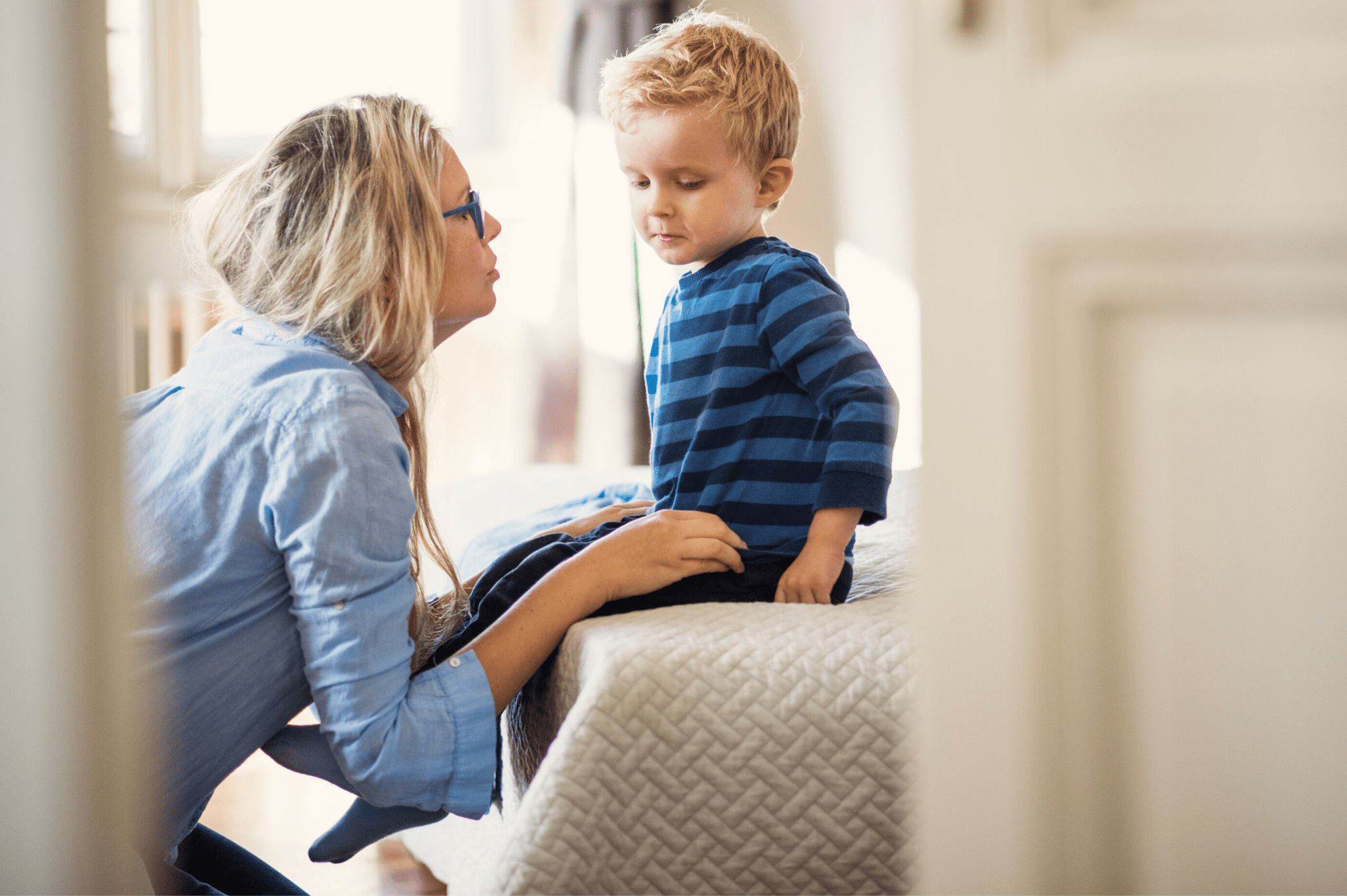 During difficult times, children look to adults to learn how to react. What you say and how you react to the COVID-19 pandemic can affect your children’s anxiety. If you seem overly worried, your children’s anxiety may rise, as well. Just remember that if you stay calm, so will your children.
During difficult times, children look to adults to learn how to react. What you say and how you react to the COVID-19 pandemic can affect your children’s anxiety. If you seem overly worried, your children’s anxiety may rise, as well. Just remember that if you stay calm, so will your children.
When talking to children about potential dangers, the main objective is to reassure them that they are safe. Use comforting language such as “adults are working hard to keep you safe.”
It is important to provide understandable facts without inducing stress, as children often imagine situations far worse than reality. Reassure them that adults are working to solve the problem and promote actions they can take to protect themselves and feel more in control, like washing their hands to prevent infection. According to the National Association of School Psychologists, “Teaching children positive preventive measures, talking with them about their fears, and giving them a sense of some control over their risk of infection can help reduce anxiety.”
Younger children need brief, simple explanations that balance understandable facts with appropriate reassurances that they are safe. For example, if they ask why they are not going to school, a good response might be: “Germs spread when there are a lot of people around. By staying home, more people can stay healthy by slowing down the spread of germs.”
Older children might have more questions and may need help with separating reality from what they hear from friends and online. Don’t ignore their concerns, but rather explain the ways in which they are safe and answer their questions with facts and reassurance.
Listen to your children and let their questions be your guide as to how much information to provide. Be patient as children do not always talk about their concerns readily. Watch for clues that they may want to talk about, such as hovering around while you do household chores. Younger children will often ask a few questions, return to playing, then come back to ask more questions.
Children can be told this sickness is thought to be spread between people who are in close contact with one another, such as when an infected person coughs or sneezes. Review and model basic hygiene and healthy lifestyle practices for protection. Remember, this is the perfect time to teach children the steps people take every day to stop germs and stay healthy, such as washing hands and coughing into one’s elbow.
During times of uncertainty, children may need extra attention from you and may want to talk about their concerns, fears, and questions. Tell them you love them and that they are safe and give them extra affection. The key is to just be present and let your children talk. Remember, your positive, loving, and encouraging responses will directly affect your children’s responses.
 About the Author
About the Author
Tonya Elstein is the Director of Education at Jacksonville Country Day School and has been an educator for 28 years, with 23 years of classroom teaching experience. She has two children of her own, both of whom are in college. She knows from years of experience with her own children and thousands of others over the years that the most important qualities we can share with our children are feelings of safety and love.
















